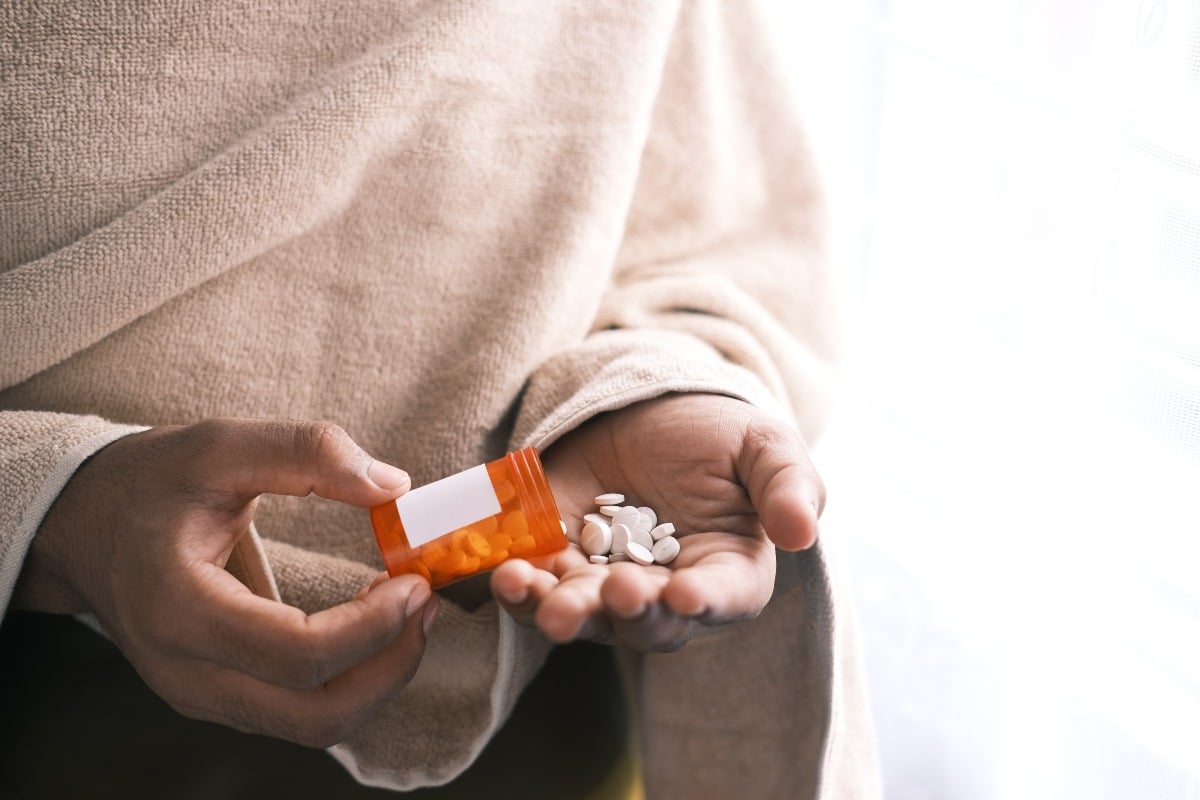Destigmatizing Relapse for Future Healing
Substance use and other mental health disorders are often surrounded by certain stigmas present in specific communities and general culture. Some stigmas are systematically embedded in institutions, and other prejudices come from how individuals treat the stigmatized group and can be internalized by the individual. This creates stigma within the recovery community.
People might judge how to “properly” go through the recovery process based on their own experiences. This is dangerous because the recovery process is different for everyone. For instance, the recovery process may include relapsing for some people, and for others, it may not. The stigma surrounding relapsing can be especially dangerous because it can prevent people from seeking treatment or reaching out for help.
Relapse Prevention
While relapse can happen during your recovery, it doesn’t have to. You can take steps to negate your chance of relapse and manage your substance use symptoms.
It’s a Gradual Process
The recovery process is gradual. Pushing yourself into known potential triggering situations, you might not be ready for can cause relapse. You have to judge what you are and aren’t prepared to do. You might not be ready to make amends with certain people, face triggering situations, or handle specific responsibilities. Being aware of your emotional state and acknowledging your limits can help with relapse prevention.
Be Aware of the Signs
Knowing the signs of relapse can help you identify and seek help earlier in the relapse process. Relapsing is a gradual process; the earlier you seek help, the easier it will be for you to get on track with your recovery.
The first step in the process is emotional relapsing. When a person experiences emotional relapse, they are not considering using again but are exhibiting harmful emotional coping mechanisms that have led to using in the past. The second step is mental relapse. This occurs when the person is thinking about or experiencing obsessive thoughts about substance use. The last step is a physical relapse when the person uses the substance.
Make Drastic Changes
Relapse prevention might require people to cut out the toxicity in their lives and replace it with positivity. This means completely changing a person’s daily behavior. It may include cutting destructive people out of the person’s life, eating differently, developing new hobbies, meeting new people, and exercising regularly. Of course, the specific changes people make will differ from person to person. Still, for a successful recovery, a person has to create entirely new habits and distance themselves from their unhealthy old ones.
Aftercare Programs
After completing an inpatient program, consider what you want your next step in treatment to be. Are you ready to fully live out in the world on your own? Maybe intensive outpatient therapy or sober-living housing might ease your transition and prevent relapse. Before completing your treatment, lock down an outpatient therapist and search for support groups in your area so you already have reliable support systems in place before you go home.
Relapse Stigmatization
Sometimes relapse happens. It doesn’t mean that the person is a failure or that their initial treatment didn’t work. It doesn’t mean they didn’t try hard enough or are lazy. All it means is that they need help. The sooner a person seeks help after relapsing, the better. However, this won’t happen if people believe that relapsing is not something you can come back from. The stigmatization surrounding relapsing discourages people from seeking treatment because they either think it won’t make a difference or are afraid of being judged by their peers.
No one is perfect. Sometimes we don’t get things right on the first try. All that relapsing means is the person needs to make a lifestyle change. Maybe the person wasn’t clicking with their mental health professional or working a stressful job that drove them to use again. The silver lining is learning what did and didn’t work and trying again. Unfortunately, most people don’t get it right on the first try.
Positive Changes
Destigmatizing relapse needs to start within the recovery community. People who have relapsed should not be met with judgment or shame. Instead, treatment centers and mental health professionals need to acknowledge that relapse may be a part of the process. Hence, people are less afraid of it and less likely to create self-fulfilling prophecies that can lead to relapse. Most importantly, the recovery community must acknowledge that everyone’s recovery story differs.
Mental health maintenance should be at the forefront of any substance use treatment because having a healthy and long-lasting recovery isn’t just about sobriety. A successful recovery requires you to take care of your whole well-being. It means continuing outpatient care, routinely checking in with your mental state, and practicing behaviors that promote a healthy body, mind, and soul.
Relapse will be a part of some people’s recovery journeys, and it should not be treated as something shameful. Reducing the stigma around relapse will make it easier for people who have relapsed to seek help. Rehabilitation Recovery Center understands that everybody’s recovery journeys are different. We offer aftercare programs to deter relapse and encourage our clients to leave treatment programs only when they are ready. Our mental health professionals work closely with our clients to give them tools for relapse prevention. We see you as a unique person, not just a number, and are here to accommodate all the complexities that make you who you are. If you or someone you know is struggling with substance use, please call (888) 290-0925 to learn how we can help you achieve long-term sobriety treatments that focus on the body, mind, and spirit.






